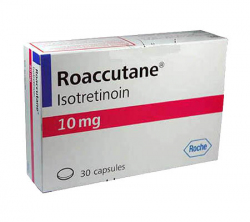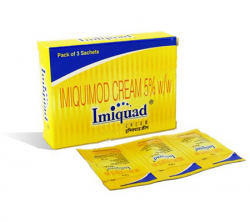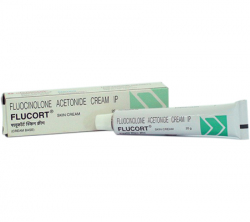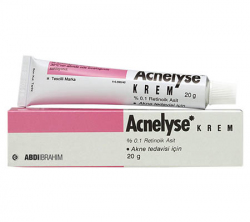Your cart is currently empty!
Roaccutane
Roaccutane pills contains the active ingredient Isotretinoin. Isotretinoin belongs to a group of medicines known as retinoids, which are derivatives of vitamin A. Isotretinoin taken by mouth works by reducing the production of the skin’s natural oil (sebum). Acne occurs due to an excessive production of sebum from over-active sebaceous glands in the skin. The […]
Description
Roaccutane pills contains the active ingredient Isotretinoin. Isotretinoin belongs to a group of medicines known as retinoids, which are derivatives of vitamin A. Isotretinoin taken by mouth works by reducing the production of the skin’s natural oil (sebum).
Acne occurs due to an excessive production of sebum from over-active sebaceous glands in the skin. The sebum blocks the sebaceous glands, which prevents the oil from flowing freely out and causes an accumulation of sebum under the skin. The bacteria associated with acne thrive in these conditions. They feed on the sebum, and produce waste products and fatty acids that irritate the sebaceous glands, making them inflamed and causing spots.
Roaccutane decreases the size and activity of the sebaceous glands in the skin, which reduces the amount of sebum that is produced. This stops the glands becoming blocked, and means bacteria are less likely to thrive. It also reduces the inflammation in the skin.
Roaccutane can have serious side effects and its use must be supervised by a dermatologist. It is reserved for the treatment of severe acne (such as nodular or conglobate acne or acne at risk of permanent scarring) that has not improved with standard treatment involving oral antibiotics and topical medicines.
Your acne may worsen at the start of treatment, but this usually subsides within 7 to 10 days of continued treatment. In most cases, complete or near-complete clearing of acne is achieved with a 12 to 16 week course of treatment, and you are likely to remain free of acne for a long time. Repeat courses are not normally recommended, unless a definite relapse is seen after treatment is stopped. Repeat courses should not be started until at least eight weeks after stopping treatment, as your acne may still improve in this time.
Patients using Roaccutane may encounter unwanted side effects such as: dry skin, headache, increased liver enzymes, pain in the muscles and joints, hair loss, visual disturbances, inflammation of the surface of the eye, nausea, inflammatory bowel disease, bone disorders.





Reviews
There are no reviews yet.